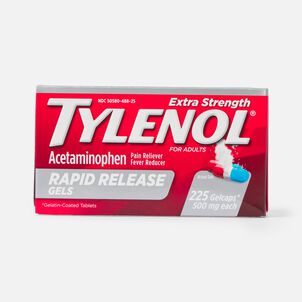Getting to know your FSA card
If you recently enrolled in your employer-sponsored healthcare plan, there's a good chance you've already received your FSA card.
No flexible spending account (FSA) development has done more to save American families time and money than the FSA debit card! Prior to the card, each purchase with your flex dollars required gathering receipts, filing paper claims for your benefits administrator, and then waiting for approval and payment. Nobody wants to deal with that.
But with the introduction of the FSA card, which functions in the same way as a standard credit card, you can avoid the entire claims process by completing it at the point of sale.
How can I get an FSA card?
When you set up an FSA through your employer, most plan participants will be issued an FSA card that operates just like a standard debit card, allowing you to spend money for the coming year. These cards are provided by the benefits administrator, and you can typically manage all aspects of your FSA with them, or through an online employee portal.
Once your plan is set up, your entire year's FSA funds are available from the first day of your coverage, so you can start making FSA-eligible purchases right away.
Where can I use my FSA card?
While you can't use your FSA card everywhere, more and more places -- from online pharmacies to brick and mortar stores -- are accepting them each day.
(Of course, we're partial to one particular site that accepts FSA cards, and has 100% guaranteed FSA-eligible products.)
Best of all, many benefits administrators will allow FSA cards to be used at doctor's offices or hospitals to cover the cost of care. So everything from routine checkups to an ER visits can be covered by your flex dollars.
Be overprepared
This is more of a friendly reminder -- make sure you track all receipts and invoices for your FSA-eligible purchases. I know we hinted that this process was a thing of the past thanks to the FSA card, but it's still a card, not a magic wand.
In nearly every situation, the card will be accepted and processed without worry. But there's no better way to fight off "unpleasant surprises" than by keeping good records. You should always keep paperwork for charges, not just in the event of a denied charge. Depending on where you use the card, you may need to submit a receipt or documentation even if it was approved.
Why? Because if your benefits administrator denies an FSA card charge, having this paperwork handy to verify eligibility will save you time and hassle down the line.
-
Thank you for visiting the FSA Store Learning Center! Don’t forget to follow us for more helpful tips on Facebook, Instagram, and Twitter!
 |
| 
















